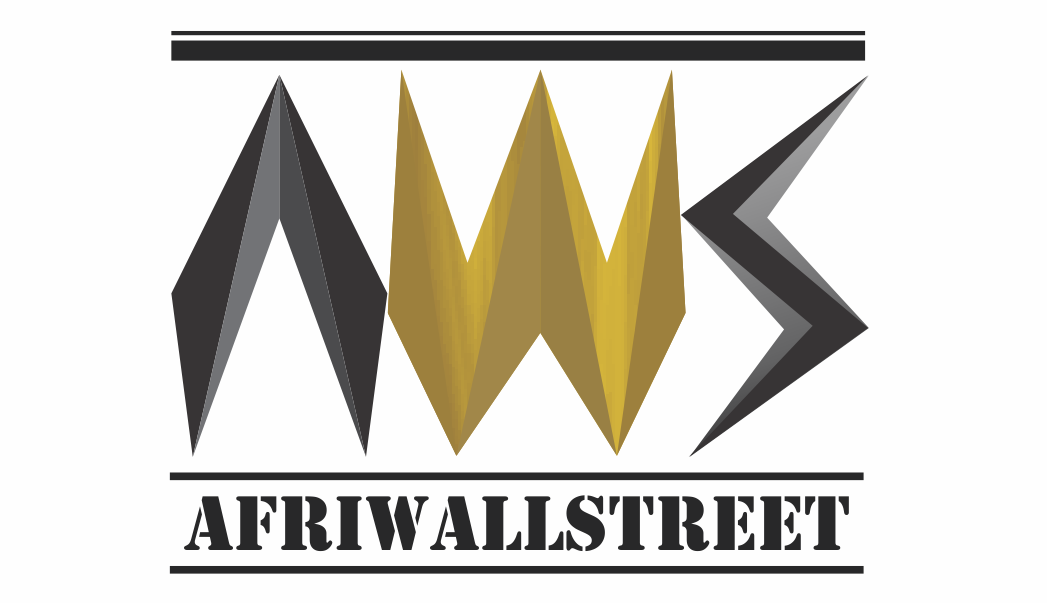By now, every good economist understands the value of an empowered middle class as an indicator of future growth and prosperity of markets. As emerging markets in China, India, and Brazil continue to slow as their markets mature, savvy investors are already looking to the next middle-class boom. I’ll save you the Google search and tell you. It’s happening in Africa, particularly in West Africa, home to many Francophone nations and poised as the continent’s growth investment engine. Unfortunately, investors, particularly those in western countries, have previously missed out on profitable ventures in Africa and are likely to again.
For decades, Francophone countries’ fintech sectors, such as Senegal, Côte d’Ivoire, Burkina Faso, Niger, and Togo, have been less invested in than their counterparts in the African Anglophone markets. The hesitancy of global investors has created a sluggish pace of innovation in Francophone Africa. Often it is stated to be the result of bureaucratic complexity, linguistic and cultural barriers, a scarcity of infrastructure, a digitally skilled workforce, and a host of other colonial remnants that hold back development.
Developing economies in Senegal and Côte d’Ivoire are dismantling these disincentivizing vestiges towards economic development as you read these words. Francophone Africa has a foundation primed for receiving significant investments, particularly in the continually expanding digital economy. Near-by, saturated African economies allow these emerging markets the benefit of adapting technology, organizational structure, and work-based knowledge at an accelerated rate, often completely cutting out costly development steps, as seen in the ‘leap frogging’ of these processes in their communications and financing sectors.
A host of demographics and features indicate Francophone Africa is a region that will be proliferating in the coming years, specifically in the fintech sectors. Nearly 65 percent of Africa’s fastest-growing markets are francophone. Not only are the markets rapidly expanding, but so is the workforce. The IMF estimates that by 2030 Francophone Africa will have a larger portion of youth looking to enter the global marketplace than any other global region, as part of a generation more digitally inclined than any previous one.
While English remains the de facto language in global digital innovation, breaking the language status quo has several advantages because of the homogeneous usage of French that allows penetration into the entire spectrum of markets. (Not to mention, French is predicted to overtake English as the majority-spoken language on the African continent relatively soon. )
The currency of Francophone African countries, the CFA Franc, is also homogenous through their markets, easing the interstate operating burden. Moreover, the provided currency diversification is an added benefit whenever an investor’s home currency is weakened.
The relative scarcity of investors is also an advantage as fintech growth in the region has become poised to make large bounds. Moreover, the Francophone market, unlike the Anglophone, is unsaturated. As a result, there is no significant domination of the technology market. As a result, stocks in emerging markets have regularly outperformed developed market shares.
The African Francophone market presents opportunities that outweigh previous challenges.
Years have come and gone with predictions of Francophone Africa’s unicorn innovation venture that would be a sign that a virtuous cycle of investment and entrepreneurial innovation was emerging – That the limiting features of francophone markets were being overcome or dismantled. That time has come.
Wave is a Senegalese-based fintech operation that provides a mobile app enabling clients to save and transfer money through mobile-based accounts. In Q3 of 2021, Wave became Francophone Africa’s unicorn venture by raising $200 million in Series A funding from four big Silicon Valley venture capital firms, pushing its valuation to $1.7 billion, a first of its kind feat. This comes on the heels of the $170 million and $400 million Series C funding for African fintech ventures Flutterwave and OPay, respectively. As a result, fintech sectors in Africa are increasing their scope, and Francophone enterprises are keeping in step.
The private sector isn’t the only one paying attention to the African Francophone rise. Governments and international organizations have begun to take note of the financial and technological advancement by pouring hundreds of millions into the regions. For example, in Q4 2021, Digital Africa, an initiative from the French government operating since 2018 to support tech start-ups throughout the continent, heightened its commitment with an additional pledge of €130 million. The initiative combines venture investors, entrepreneurs, public policymakers, and developers to create an innovation ecosystem towards overcoming the obstacles that have previously prevented the full unleashing of Francophone innovation in digital spheres. In addition, the World Bank has shown its commitment by funding L’Afrique Excelle. As an aid to francophone entrepreneurs’ start-ups, it seeks tech solutions for the African markets. Furthermore, it provides an investment-readiness accelerator program for those seeking to raise early-stage capital to $5 million.
The rapid expansion and restructuring of the African Francophone market create the ideal conditions for continued development in digital emerging markets and profit in the coming years and even decades.
If you’re still hesitant about the future of fintech in Africa, believe in where the tech giants and other global investors are putting their money.
About the Author
Nelson Ross is a Washington-based technologist and international development researcher currently pursuing a Master’s in the Georgetown University Walsh School of Foreign Service. His focus revolves around finding innovative ways to increase transparency and compliance to limit illicit financial flows, make a global impact, and advance economic freedom in the world today.




